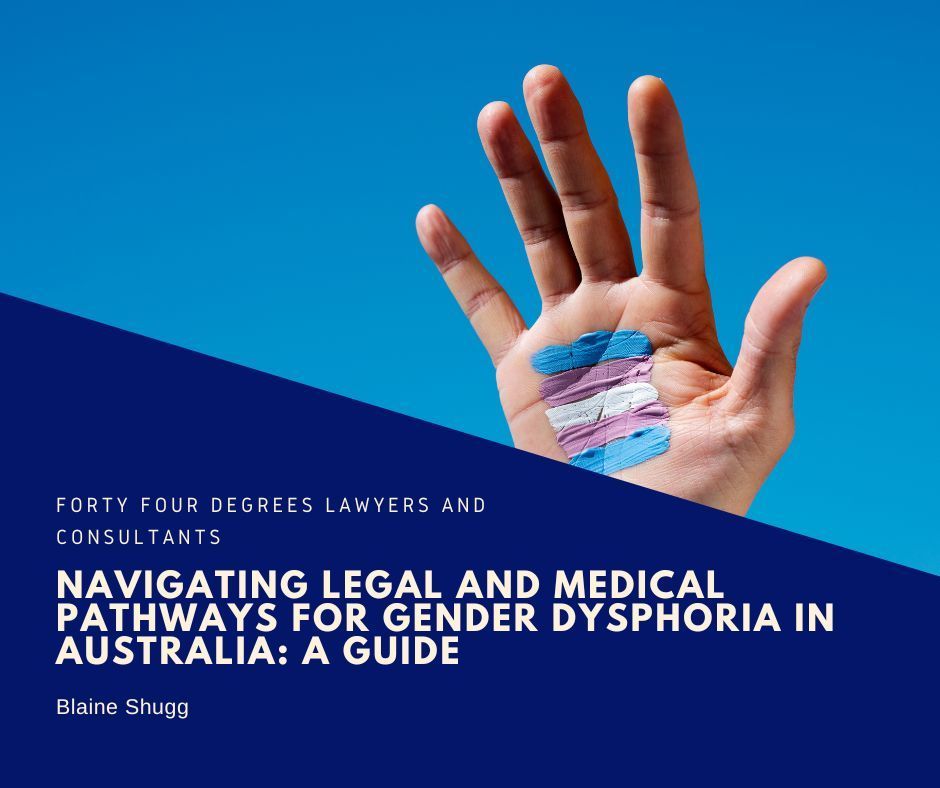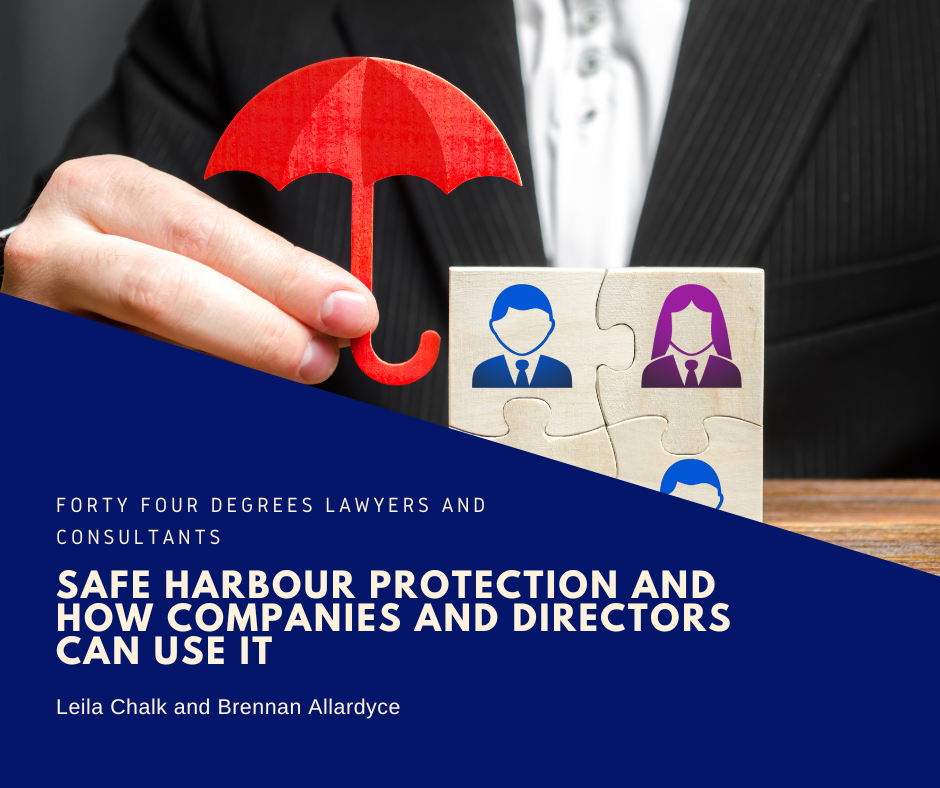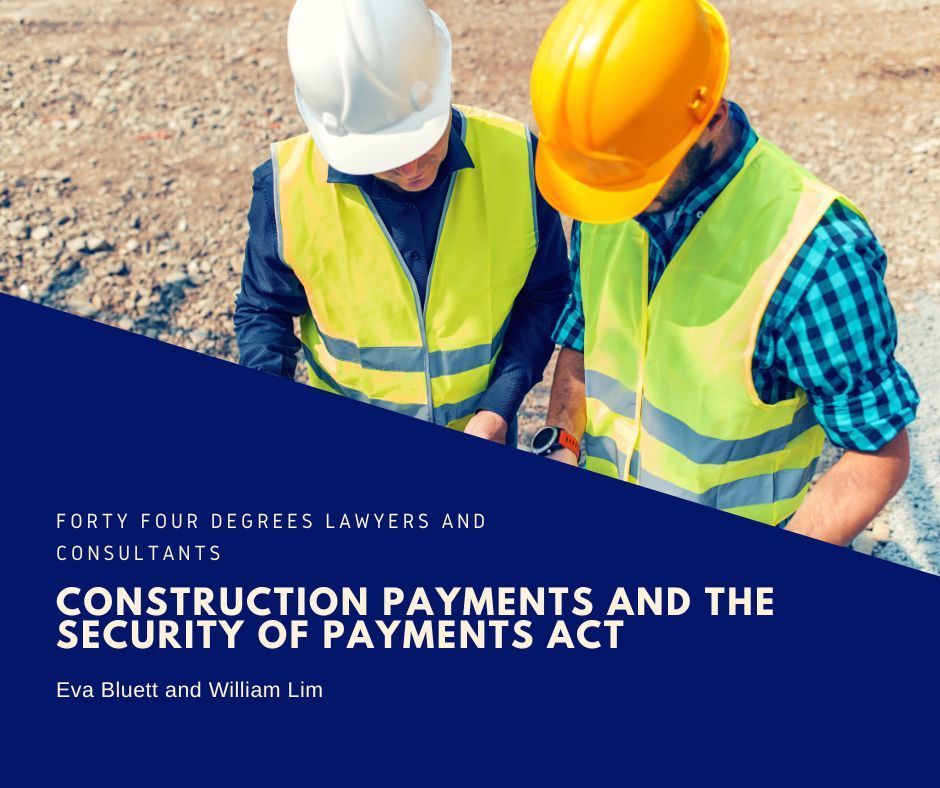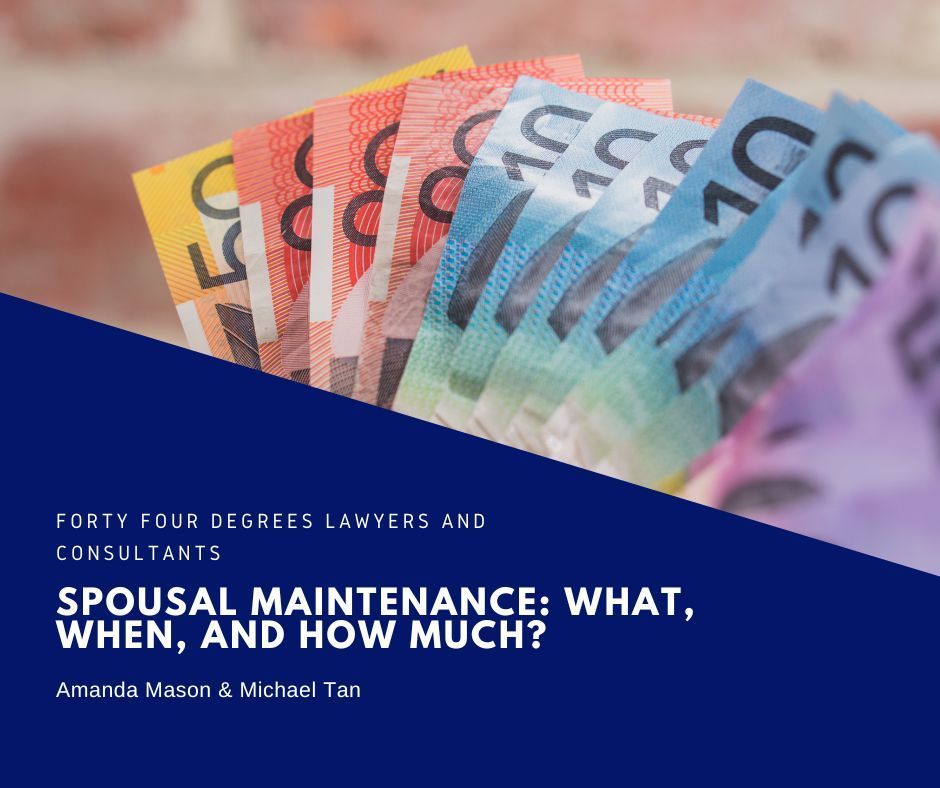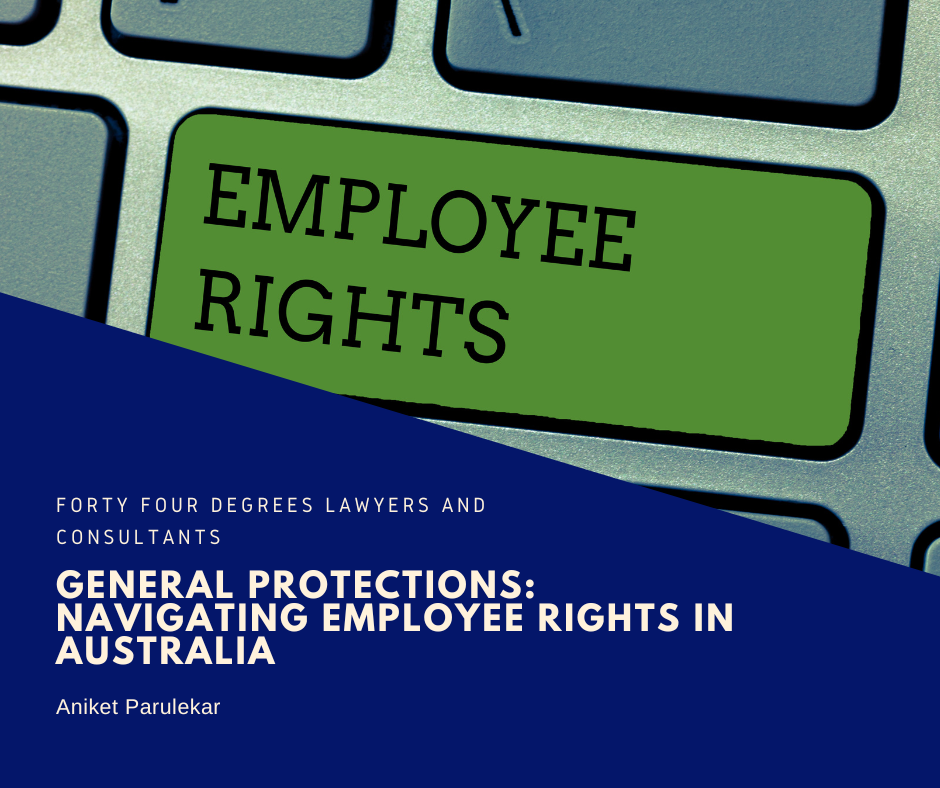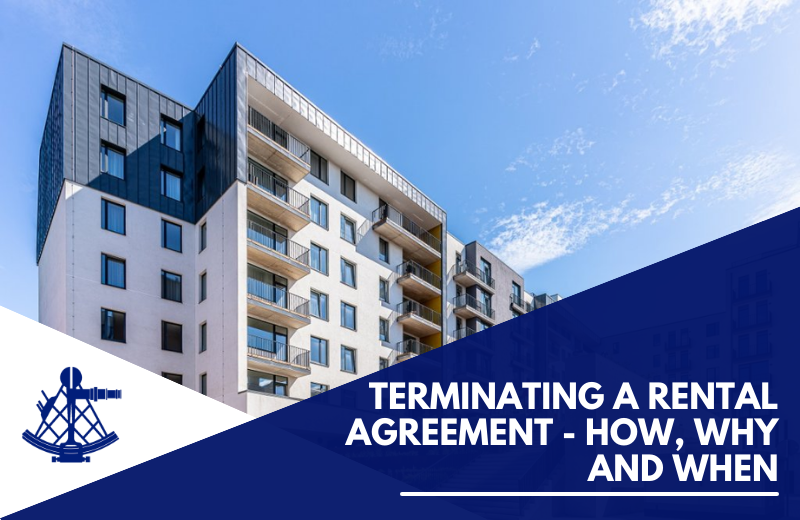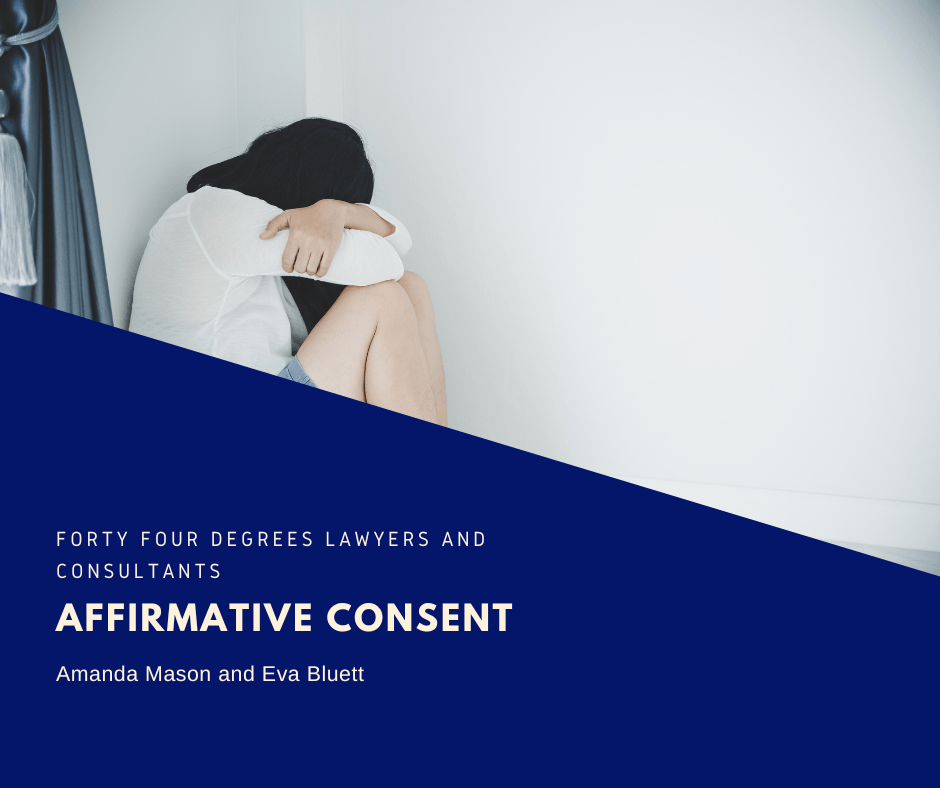Refugee Visas
Ensieh Bayat and Lewis Wolfe • Jun 12, 2020
Refugee Visas for those applying from outside Australia
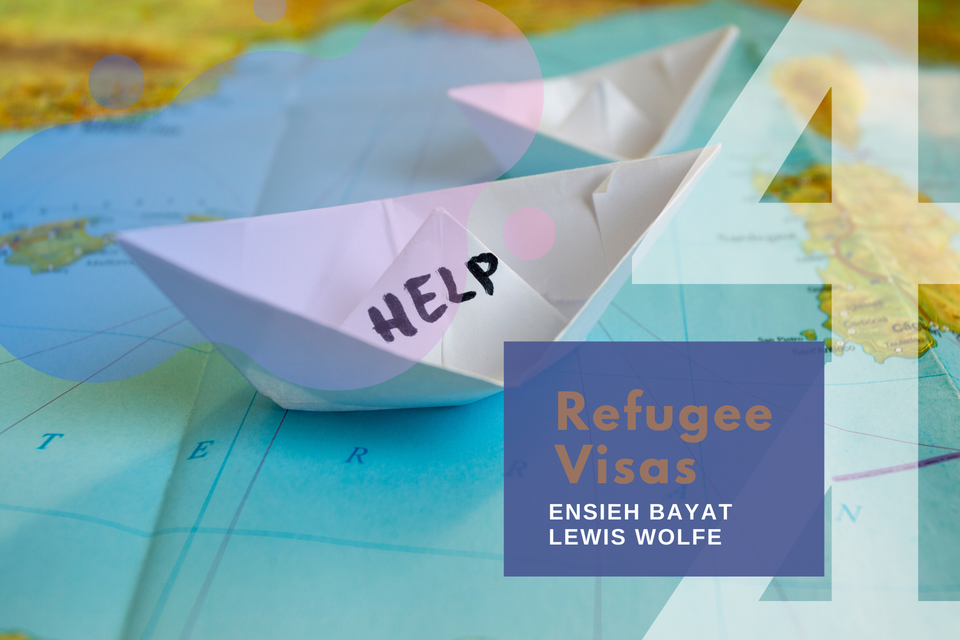
There are essentially two pathways to go down when applying for a visa on the basis that you are suffering substantial persecution or discrimination in your home country, assuming that you are applying from outside Australia.
Refugee Class (Offshore) Pathway
The first pathway is with a refugee class visa, with four different subclasses centered around the hurdle of obtaining a referral from the United Nations High Commissioner for Refugees (UNHCR) to have a practical chance of a successful visa outcome. This includes subclasses 200, 201, 203 and 204, which are summarised as follows:
Refugee (subclass 200)
- You are living outside your home country
- You are subject to persecution in your home country
- You are in need of resettlement
Note: The UNHCR provides advice to the Australian Government on the need for resettlement
In-country Special Humanitarian (subclass 201)
- You are in your home country
- You are subject to persecution
Note: Only a small number of places are available under this subclass
Emergency Rescue (subclass 203)
- You are subject to persecution in your home country
- There are urgent and compelling reasons for you to be resettled in Australia
Note: Requests for urgent assistance under this subclass are usually made on your behalf by the UNHCR
Woman at Risk (subclass 204)
- You are a woman living outside your home country
- Subject to persecution in your home country or are registered with the UNHCR as being ‘of concern’
- Without the protection of a male relative
- In danger of victimisation, harassment, or serious abuse because you are female
The benefits of these subclasses are that a successful applicant will be allowed to stay in Australia permanently, work and study in Australia, and propose other family members for permanent residency. Furthermore, there is no cost to apply and the Australian government will cover travel costs for a successful applicant.
The largest issue with this stream of visas is that the number of applications received each year greatly exceeds the number of allocated resettlement places, leading to only those in the most compelling circumstances being accepted. It appears that the Australian government will mainly take into consideration referrals and advice given by the UNHCR, which adds another layer of complexity to successfully applying for these visa subclasses.
Global Special Humanitarian Visa Pathway
This pathway differs in comparison to the above as there is no hurdle of a UNHCR recommendation to meet. Instead, the applicant must be proposed by a person or organisation within Australia.
The number of applications to this Special Humanitarian Program (SHP), like the above visas, exceeds the number of available places each year, however the priority process differs. Priority is given to applicants based on the position of the proposer. A summary of the priority groups is as follows, with priority level 1 generally having the highest chance of success:
Your proposer is:
- an immediate family member (partner, dependent child or, if the proposer is not 18 or more years of age, the proposer's parent) who was granted a Class XB visa; or
- a relative (partner, child, parent, sibling, grandparent, grandchild, aunt, uncle, niece, nephew or cousin) who resides in a regional location and does not hold a Protection (XA-866) or Resolution of Status (CD-851) visa. Regional Australia is anywhere outside of Sydney, Melbourne and Brisbane.
- Your proposer is a close family member (partner, child, parent or sibling who does not meet the split-family eligibility criteria) and does not hold a Protection or Resolution of Status visa.
- Your proposer is an extended family member (grandparent, grandchild, cousin, aunt, uncle, niece or nephew) and does not hold a Protection or Resolution of Status visa.
- Your proposer is a friend or distant relative and does not hold a Protection or Resolution of Status visa, or is a community organisation.
- Your proposer holds a Protection or Resolution of Status visa.
- Your proposer was an illegal maritime arrival before 13 August 2012.
The proposer may have to pay for the applicant’s travel to Australia if they are unable to, however otherwise the rights given to a successful applicant are the same as those successful under the Refugee class visas.
If you need further information on obtaining a visa for someone who you think may be eligible for one of these visas, or are seeking a different visa, Forty Four Degrees Legal has an accredited Migration Lawyer and may be able to assist. Contact Ensieh Bayat
at [email protected].
Contact Us
We’re an Australian Law Firm promoting a nuanced, personal touch. We have the skills you need to resolve your case quickly and with a positive outcome. Our straight talking team stays close to simplify what is most often a complicated process. We help individuals and businesses with technology and startup law, property law including conveyancing and leasing, commercial law, civil litigation, wills, estates, bankruptcy, insolvency, criminal law, and professionals facing investigations and charges from their regulatory body.
We have a connected network of talented lawyers in Melbourne CBD, Dandenong, Ballarat, and Ivanhoe East.
Fill out the form or call us on 1300 892 237.
Thank you for contacting us.
We will get back to you as soon as possible
We will get back to you as soon as possible
Oops, there was an error sending your message.
Please try again later or call us on 1300 892 237.
About Us
We do business your way.
203/ 50 Market St, Melbourne VIC 3000
50 Lydiard St South
Ballarat Central VIC 3350

